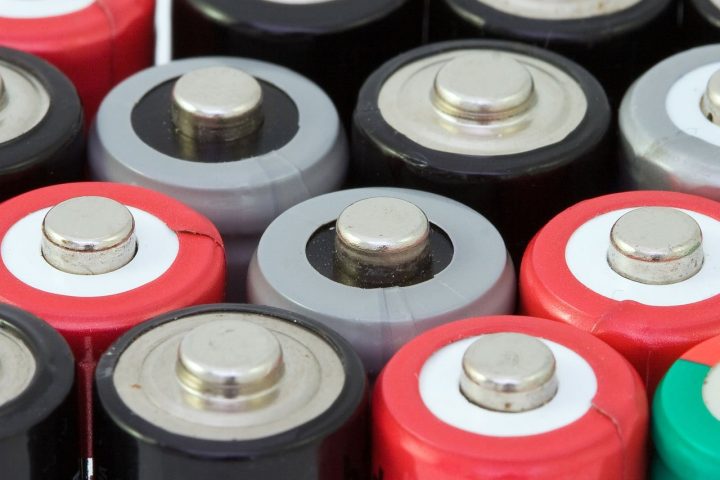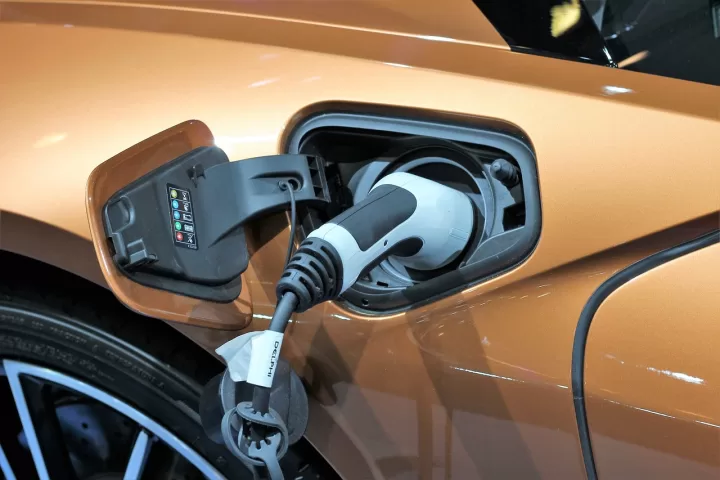A new sensor could potentially save millions of batteries, its developers say.
Sensors are already being used around the world for a variety of critical purposes, such as monitoring buildings for dangerous noises or assisting the hearing impaired. But they require constant power and tend to rely on batteries that need to be replaced regularly and generate enormous amounts of waste.
An EU study suggests that 78 million batteries will be thrown away every day by 2025. Each of these batteries requires materials that are difficult to collect and unsustainable to dispose of.
Now researchers say they have produced a mechanical sensor that requires no power and will prevent some of the battery waste.
Its developers say the sensor works purely mechanically. “It simply uses the vibrational energy found in sound waves,” said Johan Robertson of ETH Zurich, who led the new study.
This sensor can respond to a specific sound: A specific word spoken or a specific noise produced. Only this specific sequence of sound waves will cause the sensor to vibrate, producing an electrical pulse that turns on an electronic device, indicating that the sensor has been triggered.
The mechanical system can even distinguish between words. Its developers say it can tell the difference between “three” and “four” just by sound energy.
Researchers want to develop even more complex capabilities in the future. This could include the option to distinguish up to 12 different words. These could be commands such as “open” and “close”, which could be useful for controlling machines.
The big breakthrough in the work is to produce a material known as a “metamaterial”, which derives its properties not from the material itself, but from the structure in which they are arranged. In fact, the materials in the sensor could be relatively mundane (made entirely of silicon) and therefore more sustainable.
Sensors can be used to monitor earthquakes or buildings, for example listening to a building to detect if it is cracking in a way that could be dangerous. They can also be used in oil wells to listen for gas escaping, which could be a hazard.
The researchers also suggest that the system could be useful for healthcare devices. Currently, for example, cochlear implants require changing batteries several times a day, which could be avoided. Or, because it doesn’t need a battery, this technology could lead to entirely new sensors that could be smaller, such as systems that measure eye pressure.
The development of the sensor is described in a new paper titled “In-Sensor Passive Speech Classification with Phononic Metamaterials” published in the academic journal Advanced Functional Materials.
https://www.independent.co.uk/tech




